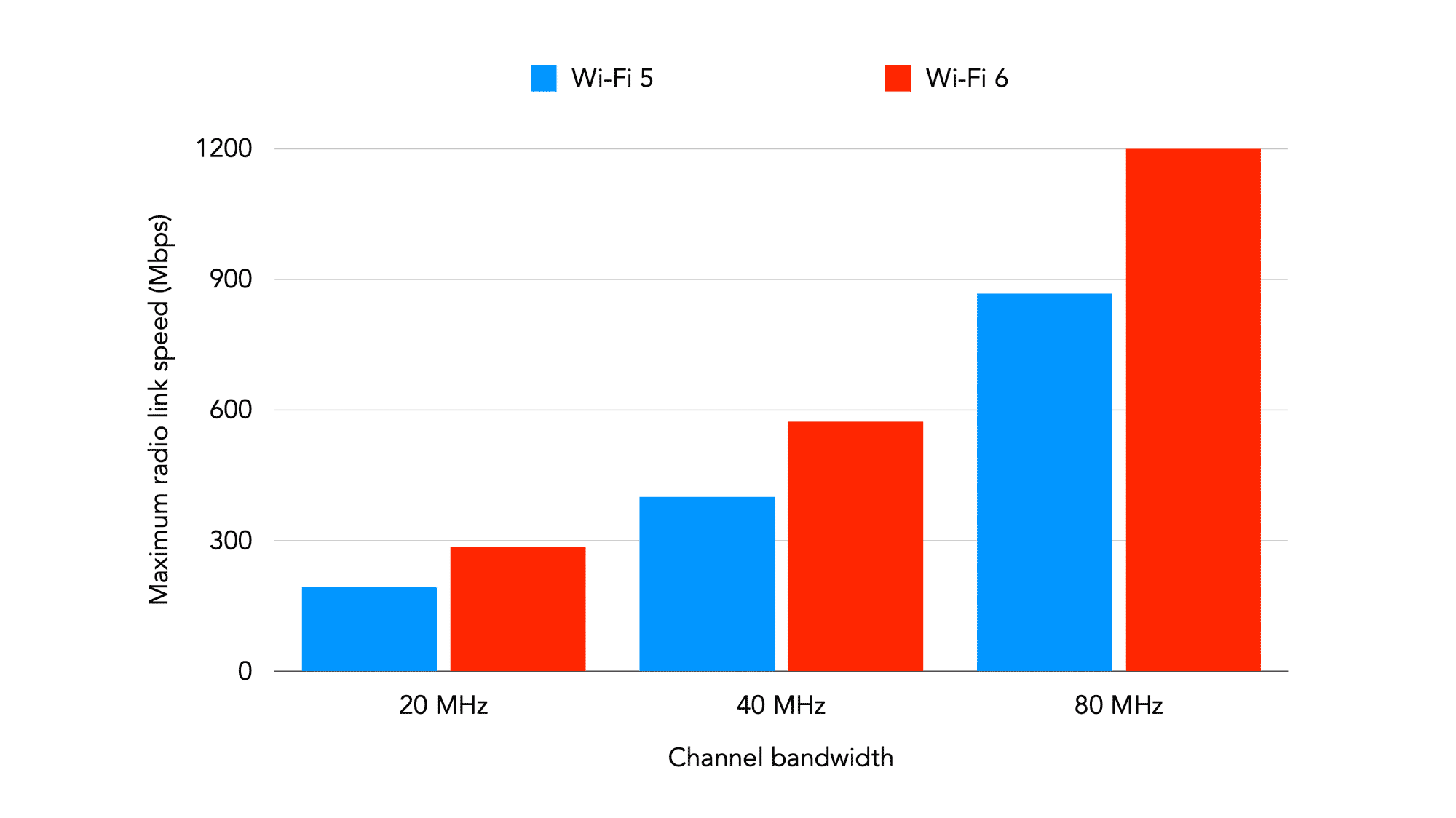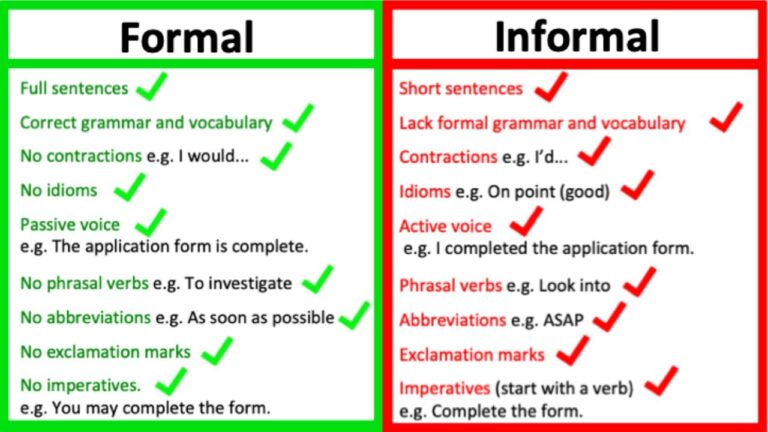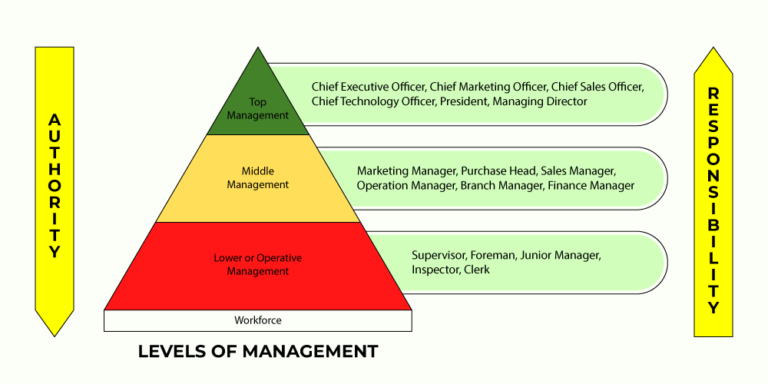Is There A Max Wi-Fi Speed?
Wi-Fi technology has become an integral part of our lives, enabling us to connect to the internet wirelessly from anywhere in the home or office. With Wi-Fi speeds increasing over the years, many people wonder if there is a maximum speed for Wi-Fi connections. The answer is yes, there is a maximum speed of Wi-Fi connections, but it is not a fixed number. The maximum speed of a Wi-Fi connection depends on many factors, such as the type of router, the number of connected devices, and the distance from the router. Additionally, the type of internet connection and the technology used can also affect the speed of the connection. Generally, the maximum speed of a Wi-Fi connection can range from 54 Mbps to several gigabits per second.
Understanding Wi-Fi Speeds
The internet, and Wi-Fi in particular, is a vital part of our everyday lives. But do you know what happens when you connect to a Wi-Fi network? The answer to this question lies in understanding the basics of Wi-Fi speeds.
Wi-Fi speeds are measured in megabits per second (Mbps). This measurement indicates the maximum speed of data transfer between the router and the devices connected to it. However, the actual speed will depend on a variety of factors, such as the router model, the number of devices connected, and the strength of the signal.
Furthermore, the Wi-Fi speed can be affected by environmental factors, such as distance, walls, and interference. The farther the device is from the router, the weaker the signal will be and the slower the speed. Similarly, walls and other obstacles can weaken the signal and reduce the speed.
So, is there a max Wi-Fi speed? In theory, yes. The maximum speed of any Wi-Fi network is determined by the router model and the number of devices connected. However, in practice, the actual speed can vary significantly due to environmental factors. Therefore, it is important to choose the right router and optimize the environment to get the best possible Wi-Fi speeds.
Differences Between Wi-Fi Standards
Wi-Fi is an ever-evolving technology that has seen many advancements over the years. As the technology has progressed, newer versions of Wi-Fi have been released with the latest being Wi-Fi 6. Each of the different Wi-Fi standards offer different speeds and capabilities. Wi-Fi 4 and Wi-Fi 5 are the two most common Wi-Fi standards available today. Wi-Fi 4 is the standard used by most devices today and is capable of providing speeds up to 600 Mbps. Wi-Fi 5, on the other hand, is the latest standard and is capable of providing speeds up to 3.5 Gbps. However, the actual speed you get depends on your router and other factors such as the distance from the router and interference from other devices. It is also important to note that not all devices support the latest Wi-Fi standards, so older devices may be limited to Wi-Fi 4 speeds. The bottom line is that while the speeds you can get with Wi-Fi 5 are higher, the actual speed you get will depend on your router, the device you are using, and other factors.
Factors Affecting Wi-Fi Speed
Wi-Fi speed is a critical factor when it comes to the performance and reliability of your internet connection. But is there a maximum speed that your Wi-Fi network can reach? As it turns out, the answer is more complex than a simple yes or no. A number of factors influence the speed of your Wi-Fi network, including your internet service provider, the type of router you’re using, the distance from your router, and the strength of the signal.
Your internet service provider is the most influential factor when it comes to Wi-Fi speed. The speed of your internet connection will be limited by the speed of your internet connection. If you’re using a low-bandwidth connection, like DSL or dial-up, you won’t be able to get the fastest possible Wi-Fi speeds. On the other hand, if you’re using a high-speed connection, like cable or fiber, you should be able to get the maximum speed out of your Wi-Fi network.
The type of router you’re using will also play a role in the speed of your Wi-Fi network. Different routers come with different maximum speeds, so make sure you choose one that is capable of delivering the speed you need. The distance from your router is another factor that can affect your Wi-Fi speed. The farther away you are from the router, the weaker the signal will be, and this can drastically reduce your speed. Finally, the strength of the signal is also an important factor. Make sure your router is placed in an open, central location to ensure that you’re getting the maximum signal strength.
By taking all of these factors into account, you can get the most out of your Wi-Fi network. While there is no definitive answer to the question of a max Wi-Fi speed, understanding the factors that influence your Wi-Fi speed can help you get the most out of your network.

What is the Maximum Wi-Fi Speed?
As technology continues to advance, the speed of Wi-Fi is becoming increasingly important. From streaming movies to gaming, a strong Wi-Fi connection is essential for a smooth online experience. But, is there a maximum Wi-Fi speed?
At the most basic level, the maximum Wi-Fi speed is determined by the protocol used. The most popular protocol, 802.11n, is capable of speeds up to 150 Mbps, while the newer 802.11ac protocol can reach up to 1.3 Gbps. However, the practical speeds you experience will depend on the device, the number of users, the signal strength, and the distance from the router.
In addition, the maximum Wi-Fi speed is also affected by the bandwidth of the internet connection. If your internet connection has a lower speed than your Wi-Fi protocol, your maximum Wi-Fi speed will also be limited. For instance, if you have an internet connection with a maximum speed of 100 Mbps, your maximum Wi-Fi speed will be limited to that speed even if your router is capable of faster speeds.
Ultimately, there is no single answer to the question of maximum Wi-Fi speed, since it varies based on a variety of factors. However, the most important factor is the protocol used and the bandwidth of the internet connection. If you have a strong connection and the latest protocol, you can expect to enjoy maximum Wi-Fi speeds of up to 1.3 Gbps.
How to Improve Wi-Fi Speeds
Wi-Fi is the lifeblood of modern homes. It provides access to the internet, streaming services, and countless other digital resources. However, many users are frustrated by slow Wi-Fi speeds. But is there a maximum speed that can be achieved?
The good news is that there is no official limit on Wi-Fi speed. Instead, the internet speed you can achieve is determined by a number of factors. The most important of these is your internet connection, which will depend on the type of service you have, such as cable or fiber. Other factors include the quality of your router, the location of your router, the number of devices connected to your network, and the type of wireless signal your router is transmitting.
Fortunately, there are a number of steps you can take to improve your Wi-Fi speed. One of the simplest is to make sure your router is up to date. Many routers have built-in software that can be updated periodically to ensure optimal performance. Other steps include choosing the right wireless channel, optimizing your router’s settings, and using a signal booster if necessary. Additionally, you can consider using a mesh networking system or Wi-Fi extender to expand your network’s coverage area.
Ultimately, there’s no single answer to the question “what is the maximum Wi-Fi speed?” However, with the right setup and a bit of effort, you can maximize your Wi-Fi speed and get the most out of your internet connection.
Conclusion
Wi-Fi is a valuable technology that has seen exponential growth in recent years, and its speeds are increasing rapidly. While the maximum speed of Wi-Fi is technically uncapped, the actual speed you experience in the real world is determined by a range of factors, including your router’s hardware, external interference, and the number of devices connected to your network. Therefore, while there is no real limit to the potential speed of Wi-Fi, it is unlikely that you will ever reach the theoretical maximum. It is important to ensure that your router is up-to-date with the latest hardware, and to consider using a mesh network to reduce the impact of external interference if you are experiencing slow speeds. Ultimately, Wi-Fi is an incredibly versatile and reliable technology that should be able to provide more than enough speed for the average user.
FAQs About the Is There A Max Wi-Fi Speed?
1. What is the maximum Wi-Fi speed?
Answer: The maximum Wi-Fi speed is determined by the Wi-Fi standard used. The current Wi-Fi standard is Wi-Fi 6, which has a maximum theoretical speed of 9.6 Gbps.
2. What factors affect Wi-Fi speed?
Answer: Several factors can affect Wi-Fi speed, including the distance to the router, the number of users connected, the type of encryption used, and the type of device used. Additionally, external factors such as walls and other interference can reduce the speed.
3. How can I increase my Wi-Fi speed?
Answer: To increase your Wi-Fi speed, you can try moving your router to a better location, adding additional access points, upgrading your router, or switching to a better Wi-Fi standard. Additionally, you can reduce interference by avoiding obstacles and turning off other Wi-Fi networks.
Conclusion
In conclusion, there is no definite max Wi-Fi speed. The speed of your Wi-Fi connection depends on a variety of factors, such as your router, your internet service provider, the number of devices connected to your network, and the type of Wi-Fi signal you are using. As technology continues to advance, the top speed of Wi-Fi connections is likely to increase as well.



